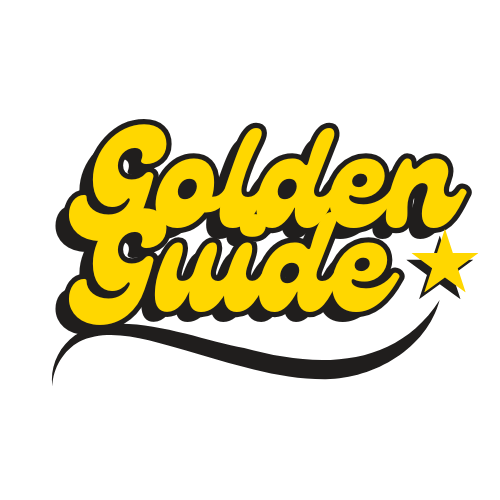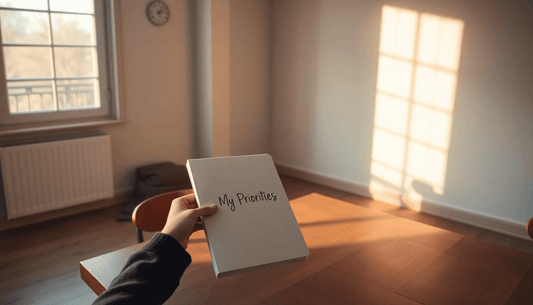
Why Working Less Can Actually Make You More Productive
In today's fast-paced world, it's easy to fall into the trap of thinking that the more hours you put in, the more productive you'll be. After all, isn't the old adage "the early bird catches the worm" true? While there's certainly something to be said for a strong work ethic, the reality is that working less can actually make you more productive in the long run.
At Golden Star Guide, we're all about helping our readers discover practical solutions for everyday life, including strategies for boosting productivity and achieving a healthy work-life balance. That's why we're excited to explore the counterintuitive idea that working less can be the key to unlocking your full potential.
The Power of Focused Work
One of the primary reasons why working less can make you more productive is the power of focused work. When you're constantly juggling multiple tasks and trying to cram as much as possible into your day, it can be challenging to maintain a high level of concentration and attention to detail. On the other hand, when you deliberately set aside dedicated time for focused work, you can dive deeper into the task at hand and produce higher-quality output.
Take the Pomodoro Technique, for example. This popular time management method encourages you to work in 25-minute sprints, followed by short breaks. By breaking your work into manageable chunks and giving your brain regular rest periods, you can actually achieve more in less time. The key is to eliminate distractions and fully immerse yourself in the task at hand during those focused work periods.
Rest Is Key for Productivity
Another important factor in the productivity equation is the role of rest and recovery. It may seem counterintuitive, but taking regular breaks and recharging your mind can boost your overall productivity. Research has shown that resting during the day, whether through short power naps or engaging in relaxing activities, can lead to increased creativity, better focus, and improved problem-solving skills.
Think about it this way: your brain is like a muscle, and it needs time to recover and rejuvenate after periods of intense work. By incorporating rest and relaxation into your daily routine, you're giving your mind the opportunity to process information, make new connections, and come up with innovative solutions. This can ultimately lead to more efficient and effective work, even if you spend fewer hours at your desk.
Quality Over Quantity
Finally, it's important to recognize that the quality of your work is often more important than the quantity of hours you put in. While there may be times when a long workday is necessary to meet a deadline or tackle a particularly challenging project, the reality is that many of us fall into the trap of equating "busy-ness" with productivity.
Successful entrepreneurs and leaders like Tim Ferriss and Richard Branson have long advocated for prioritizing efficiency over long working hours. They understand that they can achieve more in less time by focusing on high-impact tasks and streamlining their workflows. This not only allows them to maintain a healthy work-life balance but also ensures that the work they do produce is of the highest quality.

Conclusion
In the end, the key to unlocking your true productivity potential may lie in working less, not more. By embracing the power of focused work, prioritizing rest and recovery, and focusing on quality over quantity, you can break free from the cycle of burnout and achieve greater success in your personal and professional life.
So, the next time you find yourself tempted to work extra hours at the office, take a step back and consider how you might be able to work smarter, not harder. Your productivity and overall well-being will thank you for it.
Research shows that excessive hours lead to diminishing returns. According to Stanford University, productivity sharply declines after 50 hours of work per week.



